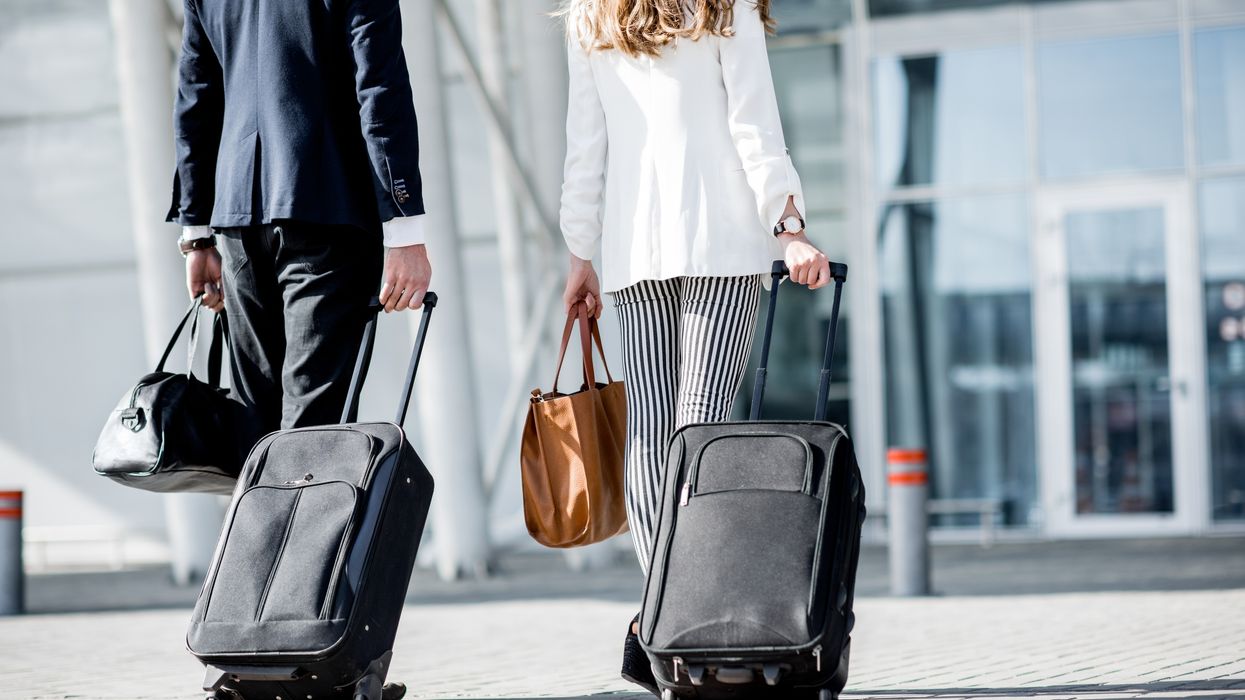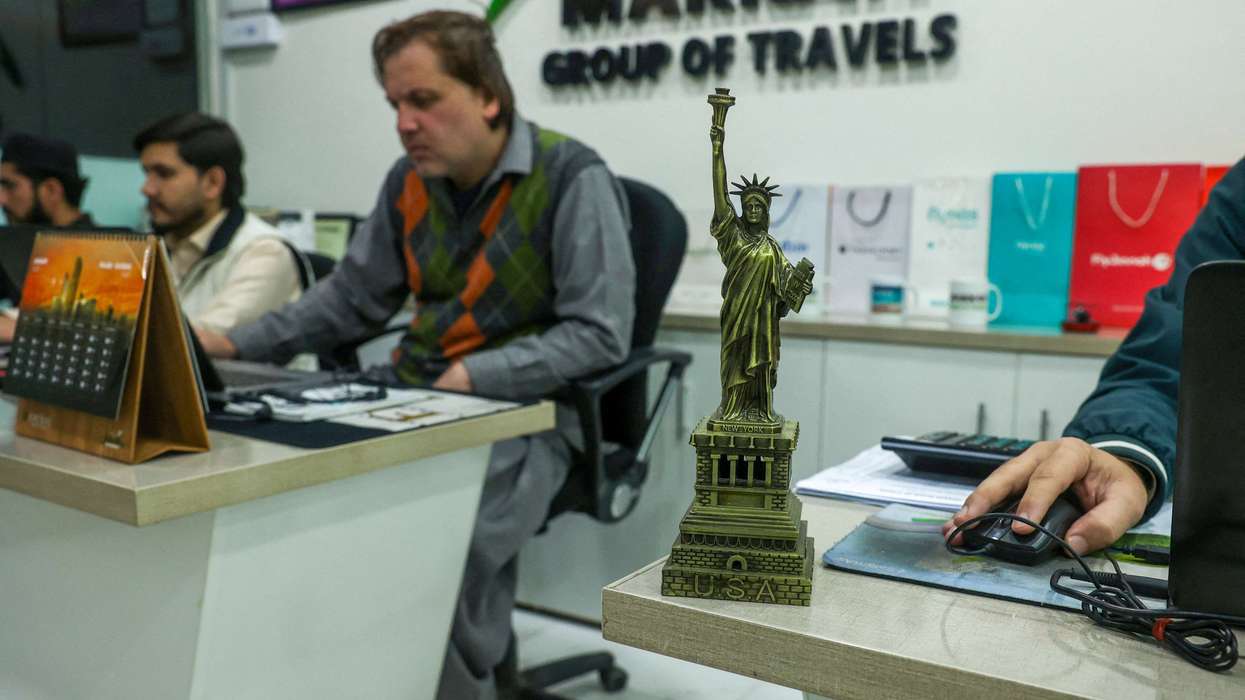U.S. Travel Policies Threaten Business Meetings and Hospitality Revenue
RECENT U.S. GOVERNMENT actions are weakening global business travel, raising concerns about 2025 volume, spending and revenue, according to the Global Business Travel Association. More than 900 industry professionals expect declines, with optimism slipping in recent weeks amid broader uncertainty.
GBTA’s recent poll found that tariffs, entry restrictions, travel advisories, cross-border detainment risks and reduced federal employee travel have hurt business travel sentiment.
“While the outlook for global business travel was strong heading into 2025, our research now shows growing concerns and uncertainty within the industry due to recent U.S. government actions,” said Suzanne Neufang, GBTA’s CEO. “Work travel plays a vital role in supporting business growth, resilient economies, diplomatic ties and valuable connections. Productive and essential business travel is threatened by economic uncertainty and added barriers or restrictions. This undermines economic prosperity and harms the many sectors that depend on global business travel to survive and thrive.”
GBTA said it received 905 responses from global travel buyers, suppliers and industry professionals across North America, Europe, Latin America, Asia-Pacific, Africa and the Middle East in a poll conducted from March 31 to April 8, 2025.
Policy overhaul
The poll found that 7 percent of buyer organizations have revised their corporate travel policies for travel to or from the U.S. since January, while another 25 percent plan to or are considering doing so. Meanwhile, 64 percent have kept their policies unchanged.
Up to 20 percent have canceled, moved, or withdrawn attendance from meetings and events in the U.S. and 10 percent are planning or considering canceling employee attendance at U.S. events, GBTA said.
Regarding relocating meetings or events, 14 percent say their organization has already done so, with 8 percent having moved them and 6 percent considering it. Companies outside the U.S. are three times more likely to move meetings to other locations, the report said.
Respondents’ main concerns about the long-term impact of U.S. government actions focus on business travel costs at 54 percent, potential budget cuts at 40 percent and added travel processing and administration requirements such as visas and documentation at 46 percent. Traveler-related concerns, including employee willingness to travel to the U.S. and increased safety and duty of care, both stand at 37 percent. Additionally, 23 percent of global industry professionals say they personally know someone whose trip has been affected by U.S. border or travel policy changes.
Neufang said two key factors will influence business travel’s long-term outlook: sustained economic pressure on company budgets and restrictions on cross-border travel and global workforce mobility to and from the U.S.
Bleak outlook
Less than half of global buyers, 44 percent, expect their organization’s business travel spending and volume in 2025 to stay the same, GBTA said. In contrast, only 25 percent of travel suppliers say the same about their business travel revenue.
Nearly a third, 29 percent, of travel buyers expect a decline in business travel volume at their companies in 2025, with an average drop of 21 percent. Another 19 percent are uncertain about the impact.
Similarly, 27 percent of buyers forecast a 20 percent drop in business travel spending this year, the report said. With global business travel spending projected at $1.63 trillion in 2025, this could mean a decline of up to $88 billion. On the supplier side, 37 percent of travel suppliers and travel management company professionals expect their revenue to decline by an average of 18 percent.
Due to these concerns, only 31 percent of global industry professionals are optimistic about the industry outlook for the year, while 40 percent are neutral. This marks a drop from GBTA’s November 2024 poll, where 67 percent were optimistic and 26 percent were neutral.
The World Travel & Tourism Council projected that international travel spending in the U.S. will fall to under $169 billion this year, down from $181 billion in 2024 and 22.5 percent below the 2019 peak of $217.4 billion. This represents a projected loss of $12.5 billion for 2025.






